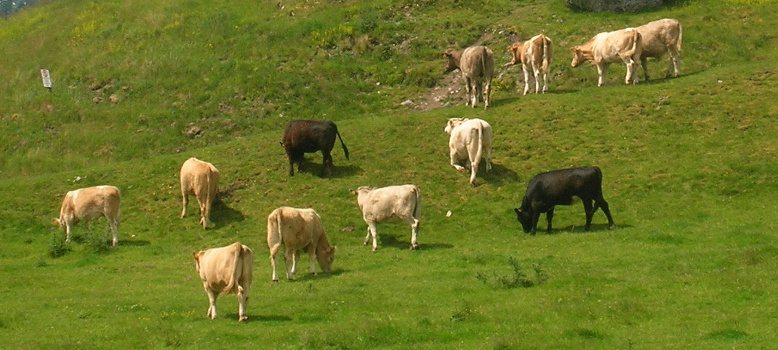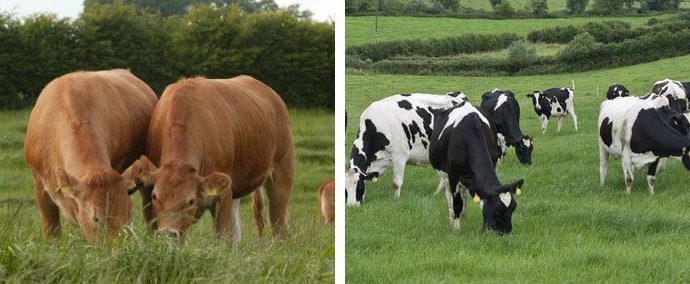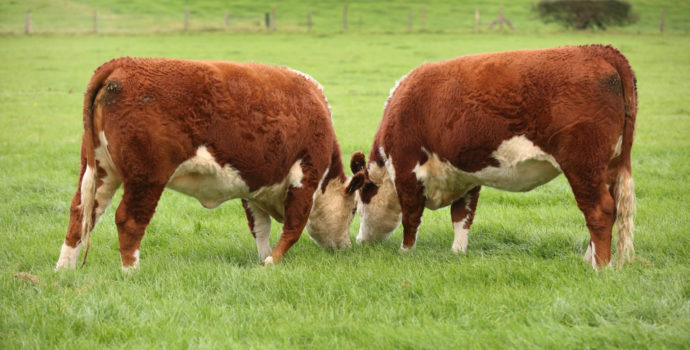IFA Calls on Department to Urgently Fill Positions in Wildlife Control Programme to Curb Increases in TB Levels

IFA National Animal Health Chair TJ Maher said the Department of Agriculture, Food and the Marine must take immediate action to have the wildlife control programme fully and effectively resourced.
TJ Maher said increased funding has been provided for the wildlife control programme but if this is not utilised to put more boots on the ground the programme will not contribute as effectively as it can to reduce the numbers of TB outbreaks in the country.
Over the past two years, the wildlife control programme has made progress, identifying an additional 3,000 setts and implementing removal and vaccination measures. However, the inaction and delay in providing the full resources necessary by DAFM is severely limiting its impact in addressing the levels of TB in the country.
The IFA National Animal Health Chair said until we have a fully resourced and effective wildlife control programme implemented on the ground, we will not see any meaningful reduction in TB levels and given the current staffing issues it is no surprise TB levels have increased.
He said that the burden of TB continues to inflict substantial costs and immense stress on farmers and their families. To tackle this issue effectively, it is imperative to focus on addressing the key driver of bTB, which is wildlife.
All stakeholders, including the DAFM, have recognized and accepted the critical role that an efficient and well-staffed wildlife control programme plays in reducing and ultimately eradicating this disease from the national herd.
“The Minister Charlie McConalogue has provided the increased funding required but this has not been utilised to maximise the numbers of operatives on the ground implementing the programme and this is unacceptable. It is essential that DAFM prioritizes the recruitment process and expedites the appointment of qualified personnel to address this pressing issue” he said.
TJ Maher said farmers need to see tangible progress in reducing TB numbers having incurred additional measures and controls on their farms and this will only be achieved with a full complement of dedicated and competent personnel implementing the wildlife control programme on the ground.



